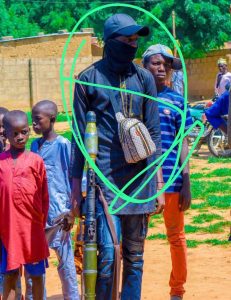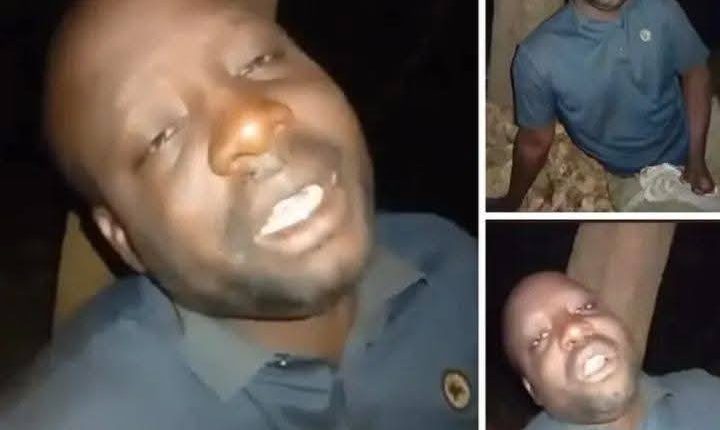Afenifere Youth leader says One Alleged Kidnapper Attended Katsina Peace Talks
Ojajuni posted the claim on his Facebook page, saying he could identify a man circled in a viral image from the peace meeting and asserting that the face matched one of the Fulani herdsmen who took him captive.
Prince Eniola Ojajuni, the Afenifere National Youth Council president who was abducted and held for almost two weeks earlier this year, has publicly said he recognises at least one man pictured attending a recent peace meeting with suspected bandits in Katsina State, a revelation that could give investigators a fresh lead in tracing members of the gang that held him.
Ojajuni posted the claim on his Facebook page, saying he could identify a man circled in a viral image from the peace meeting and asserting that the face matched one of the Fulani herdsmen who took him captive.
The peace talks in question involved community leaders, government representatives and self-styled bandit commanders meeting in parts of Katsina State, including Faskari and Matazu local government areas, as authorities attempt negotiated solutions to the surge in kidnappings and cattle rustling in the northwest.
Reports and footage from the meetings show notorious bandit figures and delegates sitting with government actors as part of reconciliation and release efforts for abductees.

If Ojajuni can positively identify one of his captors among participants in those dialogue sessions, security agencies would gain a tangible investigatory avenue.
Witness identification from survivors is often critical in building cases, narrowing suspect lists and locating safe houses or camps, especially when crosschecked against travel, phone and social media records tied to attendees.
Ojajuni has previously described the conditions of his captivity, including repeated beatings and gunshot wounds, and estimated that numerous kidnapping camps operate across the southwest and adjoining regions, claims that, if corroborated, would point to an organised network rather than isolated cells.
The development is complicated by competing narratives. Some local security sources and state police statements have in the past disputed or questioned parts of Ojajuni’s account, while community leaders argue that engagement with bandit leaders through peace talks is a pragmatic step to secure hostage releases and calm volatile areas.
That tension between negotiation and enforcement underscores why a credible identification from a survivor could force a rapid response. Authorities would need to balance the ongoing peace process with the imperative to investigate alleged criminals who may have participated in those very talks.
For now, investigators and civil society actors said they should be given access to the image Ojajuni referenced and to any corroborating evidence so that identifications are properly recorded and verified.


